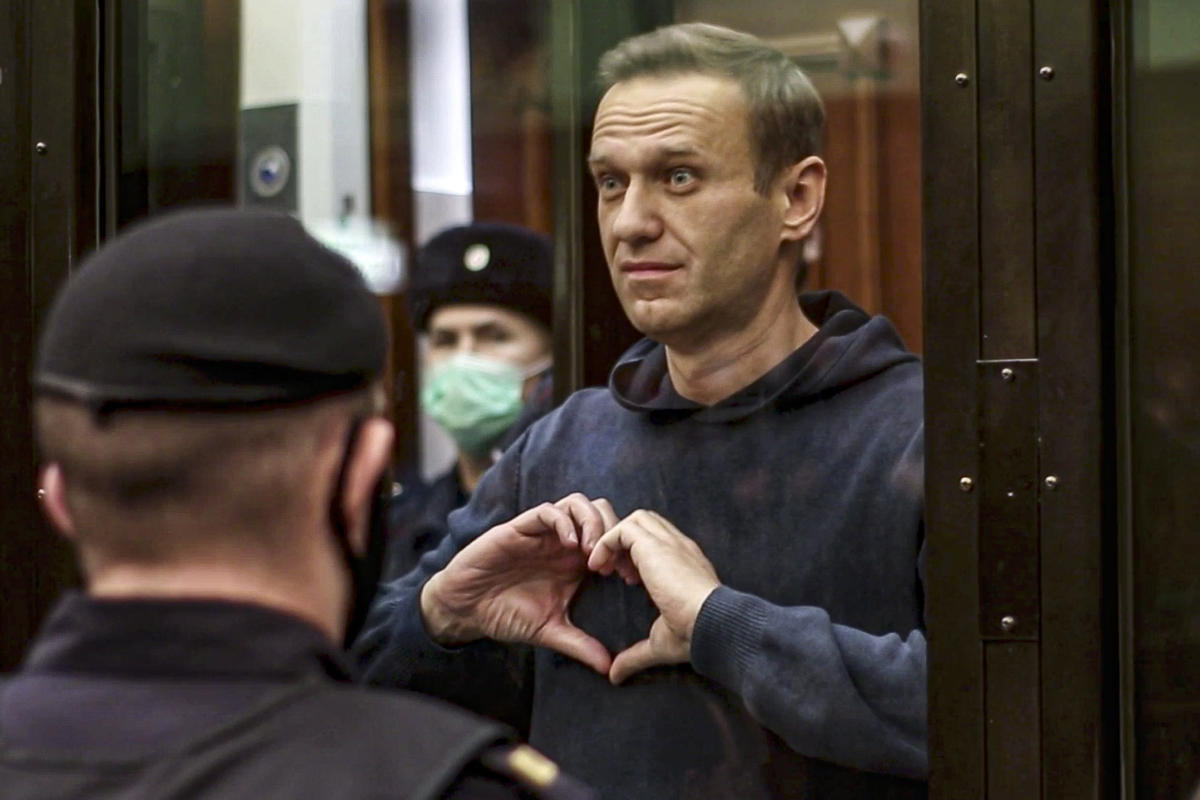“Alexei Navalny’s slow killing by the Kremlin regime is a stark reminder of its utter disregard for human life,” EU foreign policy chief Josep Borrell said in a statement announcing the move.
Borrell said the sanctions, which target 33 officials and two prisons and involve asset freezes and travel bans, “demonstrate our determination to hold Russia’s political leadership and authorities to account for the continuing violation of the human rights in Russia.”
Navalny, the most persistent foe of President Vladimir Putin, was serving a 19-year sentence when he died. He had been behind bars since January 2021 after returning to Russia from Germany where he had been recovering from nerve-agent poisoning that he blamed on the Kremlin.
The cause of his Feb. 16 death has been described by officials only as due to natural causes.
The EU said that its measures would hit the IK-6 corrective colony and IK-3 maximum security corrective colony, including the official in charge Vadim Kalinin, where Navalny had been held before his death.
“Both colonies are known for exerting physical and psychological pressure, full isolation, torture and violence on prisoners. In both places Mr. Navalny suffered abuses, including through repeated solitary confinement in a punishment cell and cruel, inhuman and degrading treatment, leading to the severe deterioration of his health,” it said.
Justice officials targeted by the EU measures include Andrey Suvorov, who last year sentenced Navalny to 19 years in a special regime colony, and Kirill Nikiforov, who rejected Navalny’s lawsuit against IK-6 to appeal his transfer to a punishment cell for 12 days. It’s unclear whether the officials traveled to or through EU countries or had significant assets in Europe.
